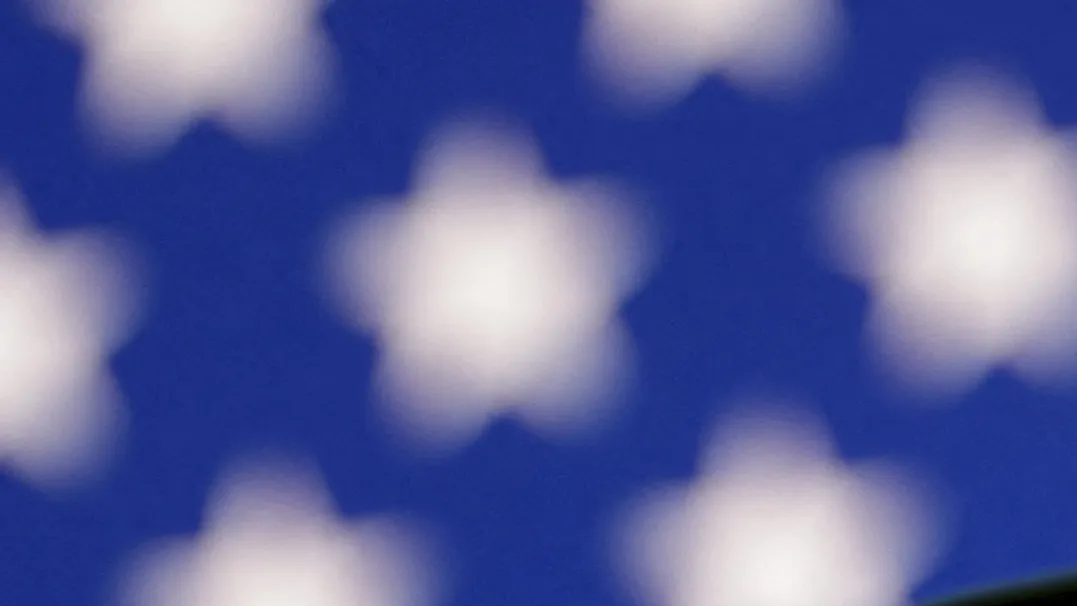WASHINGTON −The Supreme Court on Friday will debate whether TikTok can be banned in the U.S. later this month in a case that pits two major issues − freedom of speech versus national security − against each other.
Some of the 170 million Americans who use TikTok say the court has never confronted a free speech case that matters to so many people.
The Biden administration, which is defending a law requiring TikTok cut ties with the Chinese government or be banned, said the wildly popular short-form video app presents a grave threat to national security. China can gather data on Americans or manipulate the content on TikTok to shape U.S. opinion, the government argues.
Unless the high court intervenes, Google, Apple and internet providers won’t be allowed to make TikTok available after Jan. 19.
Follow along for live coverage and updates.
More:Why the Supreme Court is likely to side against 170 million TikTok users
Creators want Trump to fulfill promise to ‘save TikTok’
President-elect Donald Trump, in a legal filing last month, urged the Supreme Court to pause the impending ban. He said that once he takes office on Jan. 20, he can find a way to address the national security concerns about TikTok without compromising free speech.
If the court does not do that, Trump could direct his attorney general not to enforce the ban. The problem with that is whether Apple, Google and any other conduits for the app will feel that’s enough protection from the law’s stiff penalties.
−Maureen Groppe
More:Can Trump save TikTok? The ‘Art of the Deal’ President wants to try
TikTok or nothing, says one creator, snubbing Reels and YouTube
Around 70 people waited outside the Supreme Court on Friday morning in 20 degree weather to hear oral arguments. Almost all were bundled up in with scarfs, hats and hoods over their heads — some wrapped themeselves in blankets and one man wore ski goggles.
Ashley Wilson, 30, arrived at the Court last night around 7:30 p.m. to get a spot in line. Aside from two brief bathroom breaks at her apartment in DC’s nearby Chinatown, she’s been here for more than 12 hours.
A lawyer by day, Wilson runs a TikTok channel where she streams court cases and discusses criminal law. Amid the Arctic chill, she was live-streaming her experience in line and explaining the contours of the case for followers.
“I’m honestly going in with an open mind,” she said. “I’m ready to hear evidence, if there is evidence of threats. I’m not sure that we’ve covered evidence of that so so far about national security concerns, but I’m very open minded to hearing it.”
If the court upholds the pending TikTok ban, Wilson said she’ll likely find another hobby rather than migrating her content to another platform − like Meta’s Instagram Reels or YouTube.
−Karissa Waddick
When will the Supreme Court make a decision on TikTok?
The court is hearing the case on an extremely expedited basis because of the impending Jan. 19 deadline for TikTok to divest from its parent company, ByteDance.
The court could decide quickly whether to at least pause the deadline while the justices decide if they will uphold the law.
Although that wouldn’t be a final decision, it would give a strong indication of which way the court is likely to rule.
Who is arguing before the Supreme Court?
Solicitor General Elizabeth Prelogar, the Biden administration’s top Supreme Court lawyer, is taking on one last big case before the change in administrations.
Prelogar will face off against Noel Francisco, who was President-elect Donald Trump’s solicitor general in Trump’s first administration and is representing TikTok.
Jeffrey Fisher, a partner at O’Melveny & Myers who has argued four dozen cases at the court, is representing TikTok creators.
What is the legal issue being decided?
The justices are debating whether requiring the divesture of TikTok from ByteDance infringes on Americans’ 1st Amendment rights of free speech.
If it does, the government has to convince the court that they have a good reason for doing so and that the law is narrowly tailored to achieve that goal.
How high a bar this will be for the government to clear depends on how much − if at all − the justices think the law is regulating speech.
How did the lower court rule?
A three-judge panel of the U.S. Court of Appeals for the D.C. Circuit unanimously upheld the law.
Judge Douglas Ginsburg wrote that the law was was “carefully crafted” and is part of a broader effort to counter a well-substantiated national security threat posed by China.
Two of three judges were appointed by Republican presidents −Trump and Ronald Reagan. The third was appointed by a Democrat, Barack Obama.
What is the law TikTok is challenging?
Congress last year passed the law being challenged with broad bipartisan support and President Joe Biden signed it into law.
TikTok had proposed ways of addressing the government’s concern without a sale.
But the Biden administration concluded that some data of U.S. users would still flow to China and ByteDance would still be able to exert control over TikTok’s operations in the U.S. The administration also didn’t trust that ByteDance would comply in good faith and didn’t think the U.S. could adequately monitor compliance.



